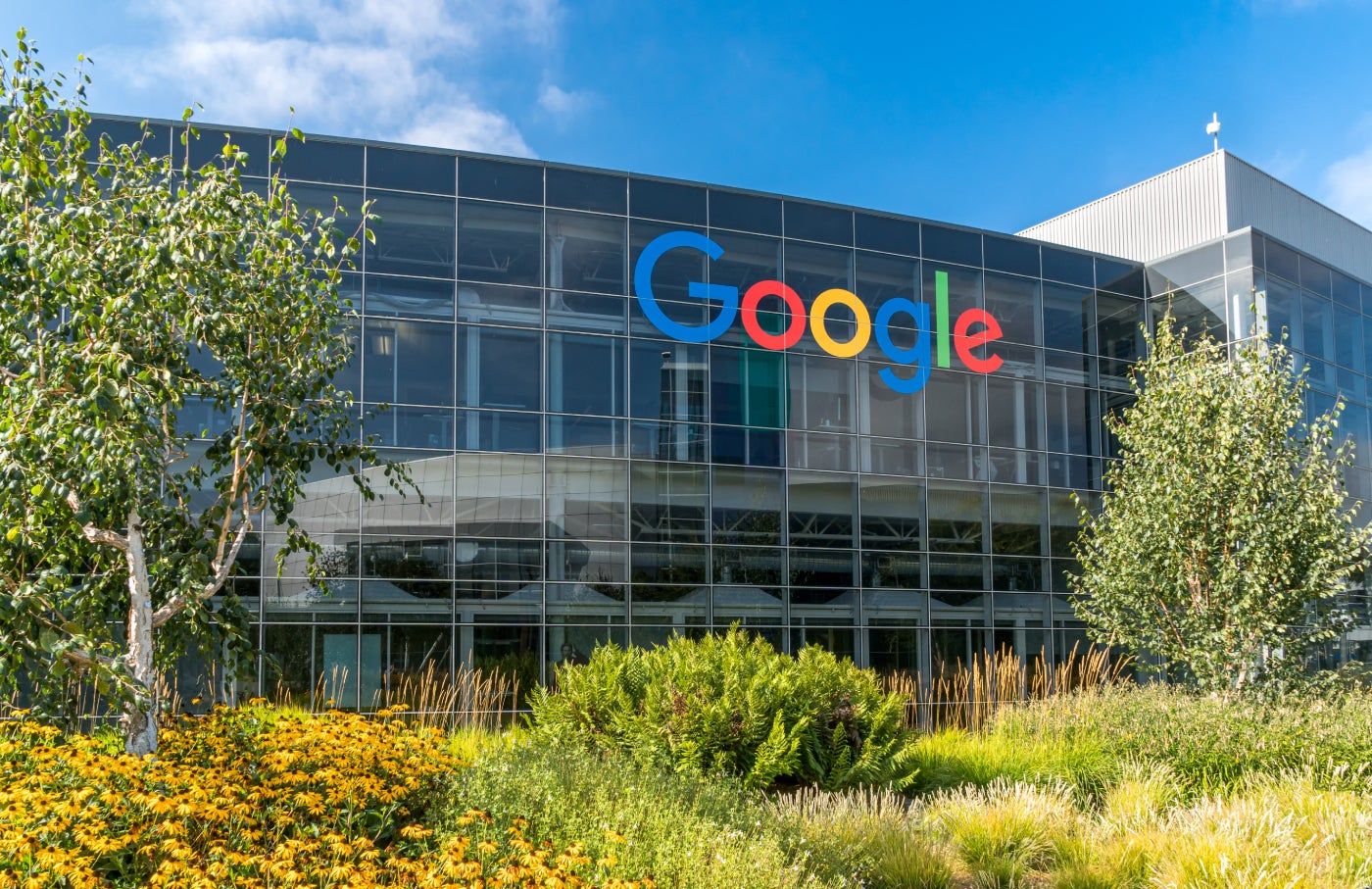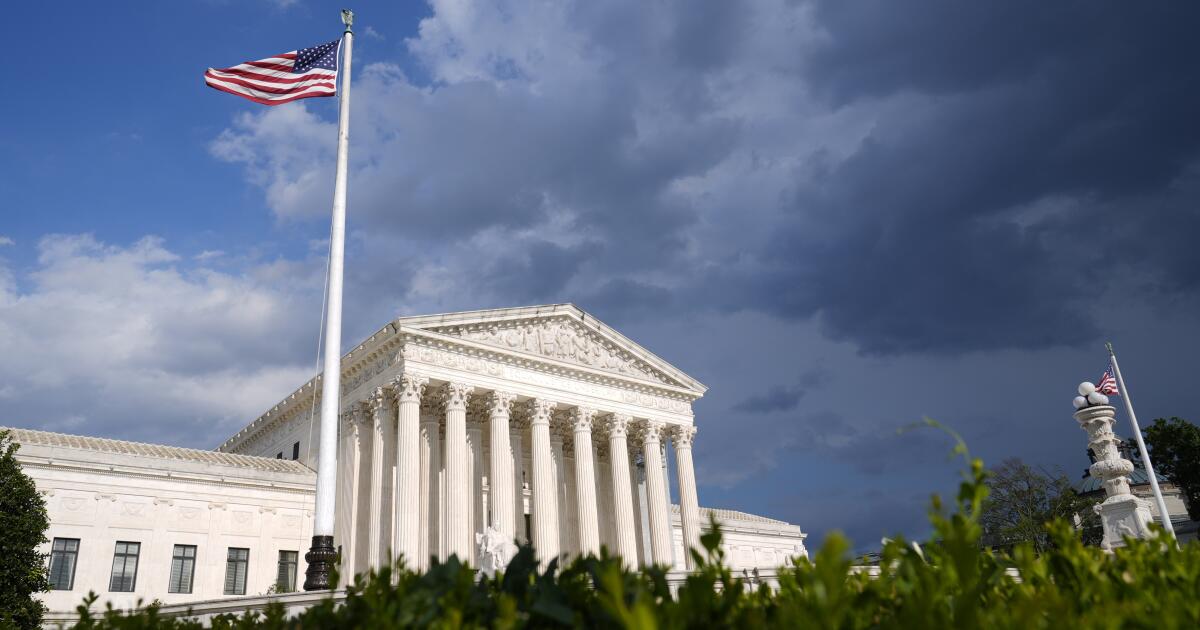A federal judge has ruled that Google has a monopoly on general search services and text ads, according to a case that concluded on August 5. The case will move forward with this ruling on Google's liability as a monopolist, but next steps are still to be determined.
“The court concludes that Google is a monopolist and has acted as such to maintain its monopoly,” Judge Amit Mehta wrote in the court’s ruling. “It has violated Section 2 of the Sherman Act.”
The case is a continuation of an antitrust investigation launched by the U.S. Department of Justice and state attorneys general in 2020, alleging that Google “has unlawfully used distribution agreements to thwart competition.” This argument was argued in court until May 2024.
Google search stifles some competition, court rules
Specifically, Google creates monopoly conditions in general search services and general search text ads. Google does not create monopoly conditions in search advertising or general search advertising, which are treated separately, because, as the court's judgment says, Google either lacks product market power or there is no product market for that business. (General search services, text ads, search advertising, and general search advertising were evaluated separately, based on their product markets or lack thereof and other factors.)
The relationship between Google and Apple has come under particular scrutiny.
“Most users access a general search engine through a browser (like Apple’s Safari) or a search widget that comes pre-installed on a mobile device,” Mehta wrote. “Those search access points are preconfigured with a ‘default’ search engine. The default is extremely valuable real estate.”
Search advertising accounts for the majority of Google's revenue: $26 billion in 2020, according to the court ruling.
“This landmark decision holds Google accountable,” Deputy Attorney General Jonathan Kanter wrote in a Justice Department statement on Aug. 5. “It paves the way for innovation for future generations and protects access to information for all Americans.”
Google claims its dominance comes from the quality of its search results.
“This decision recognizes that Google offers the best search engine, but concludes that we should not be allowed to make it readily available,” an anonymous Google spokesman said in a statement to Reuters.
SEE: Google added AI-powered Lens, tab comparison and history search to Chrome browsers last week.
What happens next?
As far as Google products are concerned, future lawsuits based on this precedent could lead to Google Search being separated from its parent organization, Alphabet, or some business functions being reduced. However, Google plans to try to appeal the ruling before that happens, according to Reuters.
The case adds a twist to the rivalry between Google and Microsoft over artificial intelligence
The case could shake up competition between Microsoft and Google, especially in artificial intelligence products, as Bing is Google's second-most distant competitor. Microsoft has been trying to boost Bing's popularity by adding AI-generated answers.
“The integration of generative AI is perhaps the clearest example of how competition improves search quality,” Mehta wrote.












